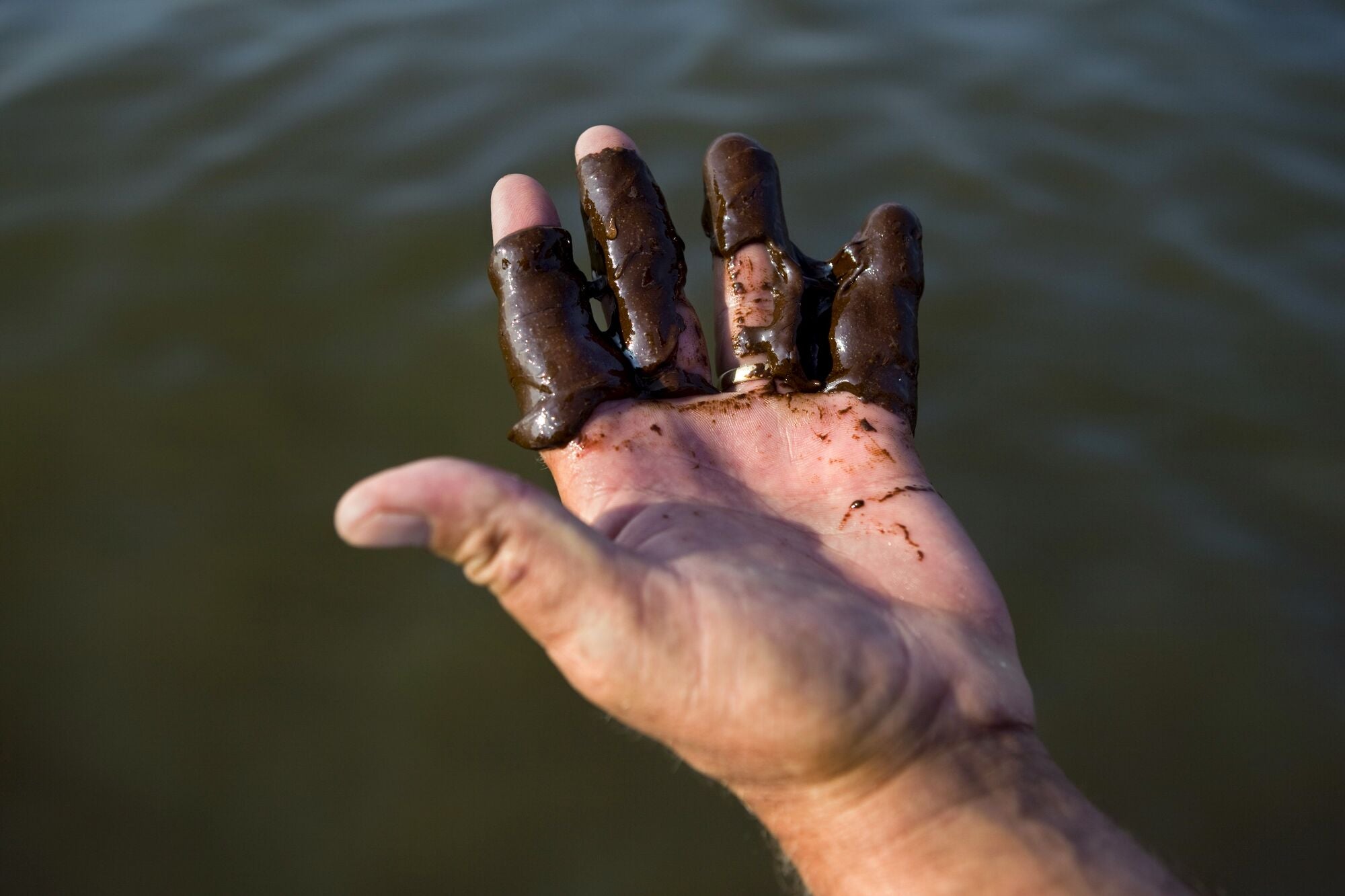A New Era of Offshore Drilling Quietly Threatens the Health of Gulf Communities
BP's proposed Kaskida project could become a sequel to Deepwater Horizon.
Fifteen years ago — when BP’s Deepwater Horizon disaster killed 11 workers, contaminated 1,300 miles of the Gulf coastline, and eviscerated 25,000 jobs in the region while wiping away billions of dollars in gross regional product and other revenues — the world woke up to the existential dangers of offshore drilling. While most eyes were understandably fixed on the visceral images of the worst oil spill in American history, few were on communities like mine in Port Arthur, Texas, which had been dealing with the consequences of offshore drilling for years.
If Deepwater Horizon had been avoided, BP’s 4.9 million barrels of oil spilled would have ended up in Gulf communities like Port Arthur, where that oil would have been refined into gasoline and other petroleum products. The industrial refineries — which stand just feet away from our homes, schools, churches, ballfields, and restaurants — process nearly two million barrels of oil from the Gulf per day, and nearly seven million more from other parts of the country. The refining process produces a 24/7 continuum of pollution that’s deadly to breath.
I’m a second-generation petrochemical worker. The refinery business allowed my parents to provide for our family, including by sending me to college. But over the years, people in Port Arthur and other communities that have been surrounded by the country’s biggest refineries began to see that our families, friends, and neighbors were being poisoned on a daily basis.
Our air is a cocktail of life-threatening toxins like benzene, butadiene, and ethylene oxide. Nobody gets to refuse it. Existing next door to these refineries has become untenable for the communities along the Gulf coast. And it has cost us: Port Arthur is in the 99th percentile for toxic releases into the air and 94th for air toxics that have higher cancer risks compared to the rest of the country. We’re also in the 90th percentile for incidents of heart disease for asthma.
Our bodies desperately need the amount of oil that comes to Port Arthur for refinement to slow down and eventually ease up. Instead, the oil industry is trying to deliver us even more.
The big oil companies are on the cusp of dawning a new era for offshore drilling in the Gulf by way of massive projects in ultra-deepwater, where oil was previously unrecoverable due to extremely high temperatures and pressures beneath the ocean floor at those depths. The prospect is enticing enough to get BP to try to develop its first completely new oilfield in the Gulf since Deepwater Horizon, which the company is calling Kaskida. Bloomberg estimates that these projects could add several hundred thousand barrels of oil a day more to the Gulf.
While that may excite executives at the big oil companies, it would pile on decades of more toxic air for communities like Port Arthur, for our grandchildren and their children. And yet the health impacts from Kaskida — which alone could produce up to 10 billion barrels of oil — have not even factored into BP’s proposal to the federal government, which could approve the project any day. Nor has BP attempted any outreach to Port Arthur, even though we’re home to some of the biggest refineries in the U.S. and would likely be affected by an oil spill from Kaskida.
That BP’s proposed Kaskida project — which would be in even greater depths than Deepwater Horizon was — has flown under the radar in the regional media, should concern not only communities on the frontlines of industrial refineries, but also the millions who depend on the Gulf for everything from commercial fishing, to tourism, and recreation along the coast.
After all, the odds of an incident like the one that led to Deepwater Horizon increases by six-fold for these new high-risk projects like Kaskida compared to other deepwater drilling projects. Meanwhile, according to BP’s proposal, if Kaskida were to experience a worst-case oil spill, up to 4.5 million barrels of oil could be released into the Gulf. This would impact fisheries along most of Texas’ coastline, from Louisiana to Corpus Christi, as well as all the people who rely on fish and shrimp for food, and all the stores and restaurants that sell it to customers. Tourism would of course be impacted, too. And marine life in the ocean would likely be decimated.
Yet there haven’t been any advertised opportunities for the public to weigh in on a project that could become a sequel to Deepwater Horizon. The Bureau of Ocean Energy Management, the federal agency that oversees offshore drilling, simply held a 10-day public comment period.
Communities like Port Arthur have a real stake in any significant offshore oil project that would lock in years of more deadly air pollution. So do Gulf fishermen, the economically vital tourism industry, and millions of people in the region who lived through Deepwater Horizon. Racing to greenlight massively risky deepwater drilling projects like Kaskida is no way for our government officials to proceed, especially when the U.S. is already producing more oil than any nation in history, and when 80% of the oil industry’s active leases have yet to be developed.
We need to focus on the images of struggle that offshore drilling brings to the Gulf on a daily basis, not just during the worst moments, though we also know what those can look like.
